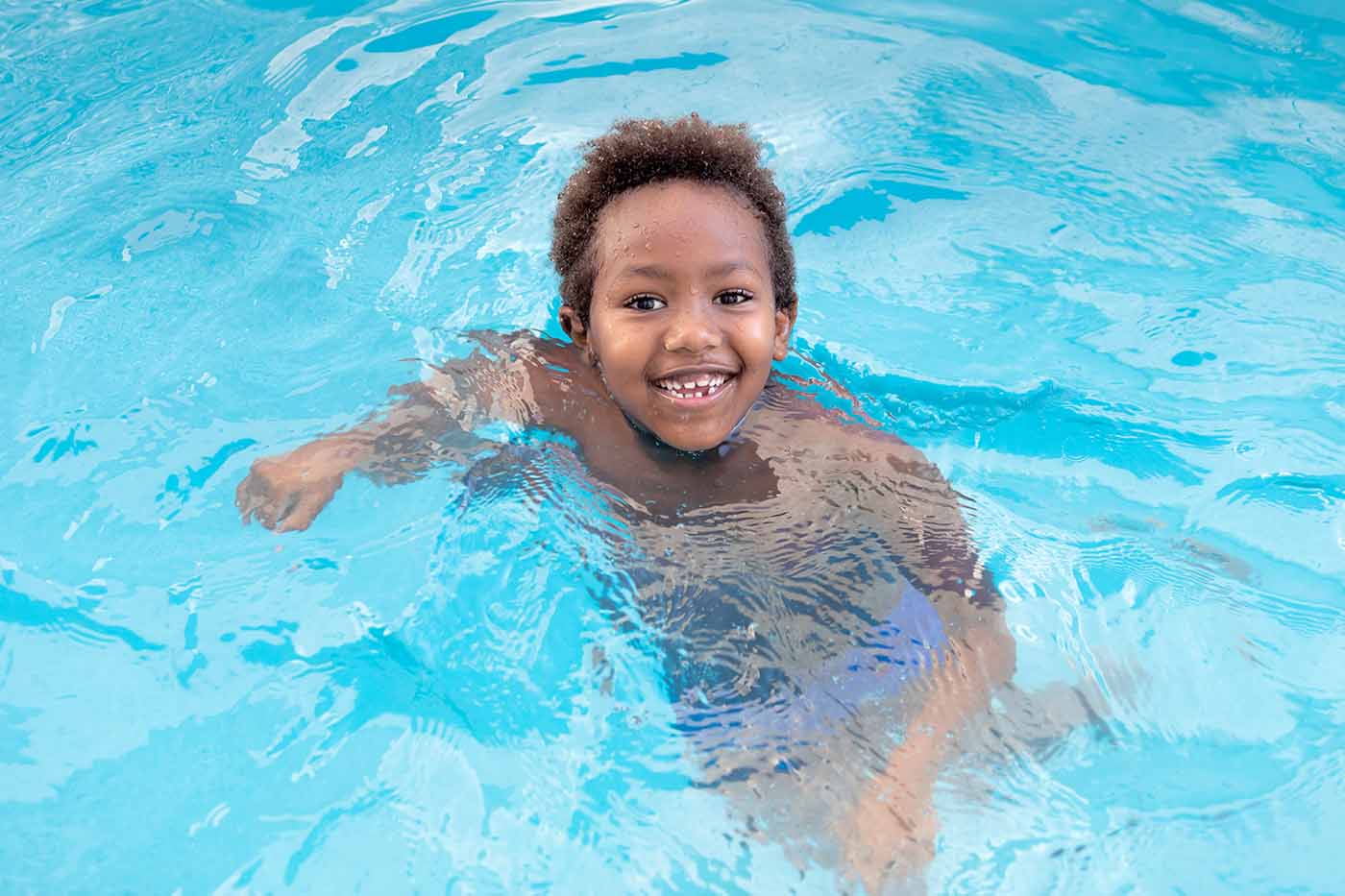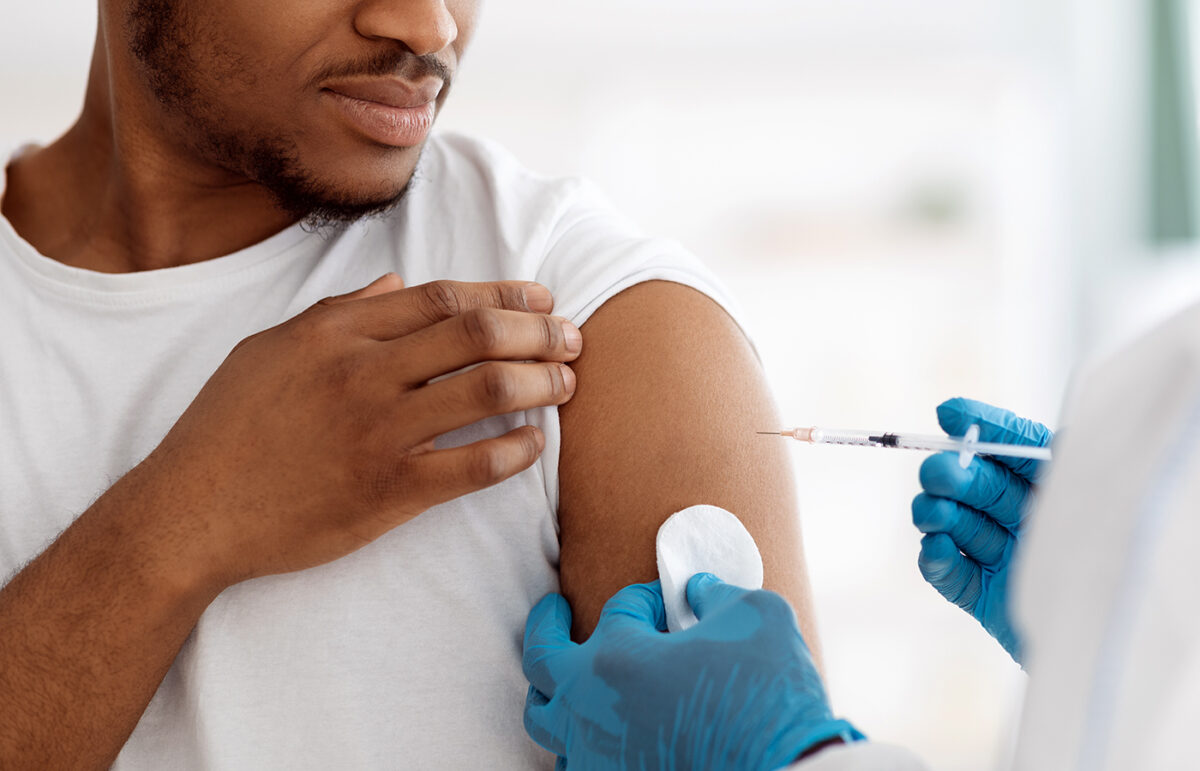
Author
John Lyon
Strategic Communications Manager
Contact
ACHI Communications
501-526-2244
jlyon@achi.net
The Natural State offers plenty of opportunities for water activities, with more than 2,000 lakes and reservoirs as well as numerous rivers, creeks, swimming holes, and public swimming pools. Unfortunately, Arkansas also has a high per capita rate of accidental drownings. According to the Centers for Disease Control and Prevention (CDC), Arkansas’ rate of accidental drownings between 2018 and 2021 was the sixth highest in the nation.
Nationwide, an estimated 4,000 people die from accidental drowning each year, or about 11 per day. Drowning is the No. 1 cause of death among children ages 1-4 and the No. 2 cause of death, after vehicle crashes, among children ages 5-14, according to the CDC.
In an effort to raise awareness about water safety for children, the Arkansas General Assembly and Gov. Sarah Huckabee Sanders approved Act 101 of 2023, which requires public schools to inform parents of the importance — and availability in the community — of water safety courses and swimming lessons for children.
Here are some tips can help you and your family stay safe while having fun in or on the water:
Swimming
- Know how to swim. If you do not know how or are not a strong swimmer, obtaining formal swimming lessons can reduce your chances of drowning.
- Swim in supervised areas. Follow all signs and warnings.
- Swim with a friend. Do not allow anyone to swim alone.
- Always keep an eye on children. Teach children to ask permission before going near water.
- Select swimwear for your kids that will be easy to spot when they are in the water.
- Do not dive into shallow water. If you don’t know the depth of the water, don’t dive.
- If you see storm clouds or lightning, get out of the water.
- If you get caught in a strong current, don’t fight it. Swim parallel to the shore until you are out of the current.
- Wear sunscreen with an SPF of 15 or higher. Reapply every time you get out of the water.
- Assume that whenever you enter any body of warm freshwater, there is a low level of risk of encountering the so-called “brain-eating ameba,” Naegleria fowleri. You can avoid this and other dangerous microscopic organisms by swimming in water that has been properly treated with chlorine. If you do swim in warm freshwater, limit the amount of water going up your nose by holding your nose, wearing nose clips, or keeping your head above water.
Boating, Canoeing, Kayaking, or Water Skiing
- Take a course. Most accidents involving watercraft are caused by operator error.
- Get a safety check for your boat. Vessel safety checks are a free public service offered by the U.S. Coast Guard Auxiliary and U.S. Power Squadron volunteer organizations.
- Learn the rules of navigation before setting out in a boat.
- Check the weather forecast, and stay off the water if it calls for storms.
- Be aware of river conditions. The U.S. Geological Survey maintains a National Water Dashboard that monitors flow levels and other data.
- Do not go on the water alone, especially if you are inexperienced.
- Wear a properly fitted lifejacket.
- Do not drink alcohol. Alcohol use affects your judgment, vision, balance, and coordination. Drinking and operating watercraft is just as dangerous as drinking and driving.
For more safety tips:
The CDC has information on swimming and boating safety.
The Arkansas Department of Health has information on safe and healthy swimming.
The Arkansas Game and Fish Commission has information on boater education.






